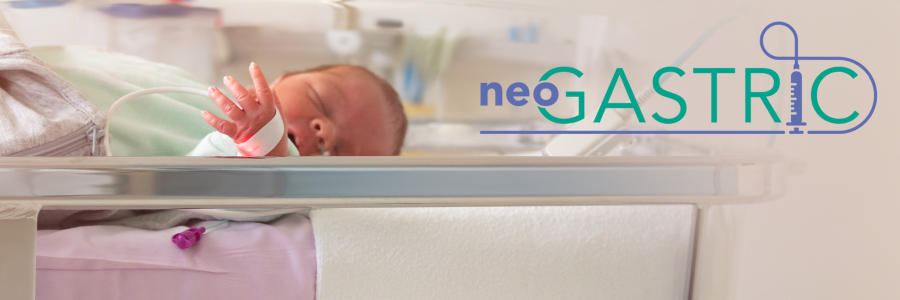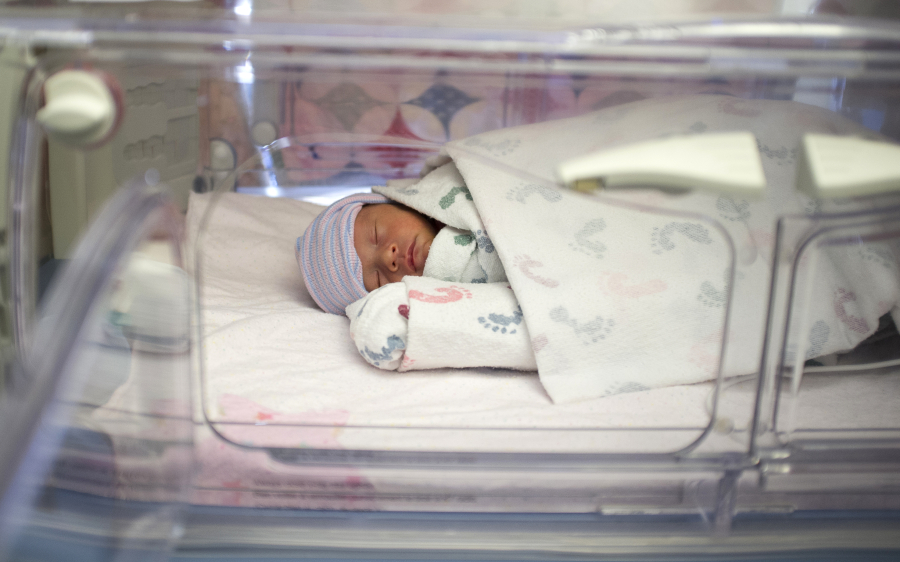neoGASTRIC
Welcome to the neoGASTRIC Trial
Approximately one in seven babies born in the UK each year need specialist neonatal care in a hospital because they are born too early, are born very small or have a medical condition. Ensuring these premature babies have enough nutrition is a key part of their care. The neoGASTRIC trial is looking at whether routinely measuring gastric residual volumes (checking what is in the stomach before feeding) helps babies safely get to full feeds more quickly.
Key information to know about neoGASTRIC:
- We are comparing two ways of caring for babies having tube feeds, both ways are part of routine care and both are commonly used in neonatal units across the UK and Australia
- We do not believe there are any additional risks in taking part
- We will collect information about babies and their feeds
- All eligible babies will be included the study unless parents/carers wish to opt-out
- This study is being run in more than 30 hospitals in the UK and Australia
- The trial will run for about 4 years
About Us
NeoGASTRIC is coordinated by the National Perinatal Epidemiology Unit, Clinical Trials Unit (NPEU CTU) at the University of Oxford, England, UK, in partnership with Monash University, Australia. The study is funded by the National Institute for Health and Care Research (NIHR) in the UK and the National Health and Medical Research Council (NHMRC) in Australia.
For more information, please contact neoGASTRIC team at neogastric@npeu.ox.ac.uk or for Australia at Amy.rodriquez@monash.edu or visit our Contact Us page.






